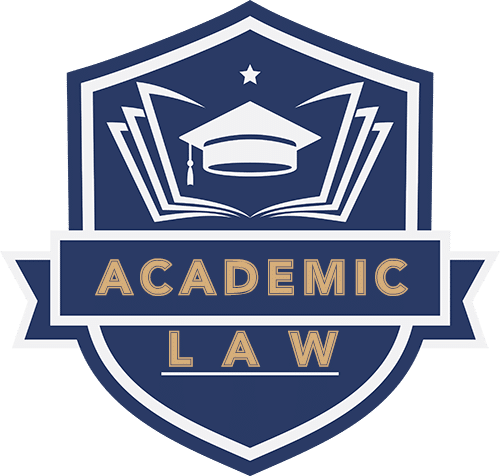Soon after I began practicing law I developed a niche practice area assisting students in academic disputes. It was always an interest but could never develop into a primary practice area as there just wasn’t enough work. Since the onset of COVID-19, however, I have seen a noticeable increase in the amount of inquiries I receive about academic issues, primarily those involving cheating. In my discussions with students I have developed a few theories as to why this is.
1. Stress and Academic Pressure
Covid-19 has not been easy on anyone. For university and college students they are missing out or have missed out on many “coming of age” moments during this period; examples include high school graduations and proms, and all of the exciting features of being a university of college student. They are also feeling isolated and forced into new ways of learning. Academic institutions may be doing their best but realistically this new way of learning is just not the same as it was. Professors are not able to offer the same level of academic support and students are forced to fend for themselves. To me this is the most significant factor and the one in which universities and colleges need to be most attune to.
2. New opportunities to cheat
When evaluations were done in-person (I will never forget writing final examinations in Jock Hardy arena at Queen’s with hundreds of other people) it was harder to cheat. It was also more obvious when people were caught. Now exams are done online creating new and unique ways to cheat. Universities have taken steps to catch students through proctoring software and watching web sites where answers are posted and will often catch students in their attempts.
3. Lack of Academic Experience
Students may have been able to get away with things in high school that will not be tolerated in university or college. A high school teacher may also be more forgiving and deal with issues internally than a Professor would be or is allowed to be. Many students find themselves caught in what they consider “grey area” that is really caused by a lack of experience or understanding of policies.
4. Everyone is doing it
In my many conversations with students I have little doubt that many continue to cheat. I don’t think this reality can be ignored despite that it may not evoke very much sympathy. As stated above students are under immense pressure. They also need to do well to keep job and graduate school opportunities open. If their colleagues are cheating, and getting away with it, then they will feel they need to do the same to ensure academic success.
In my mind schools need to be more pro-active in addressing the above factors. By better educating students on the consequences of cheating and providing supports to prevent the desire to cheat we may be able to see fewer incidents as schools begin to revert back to an on-campus learning model.
